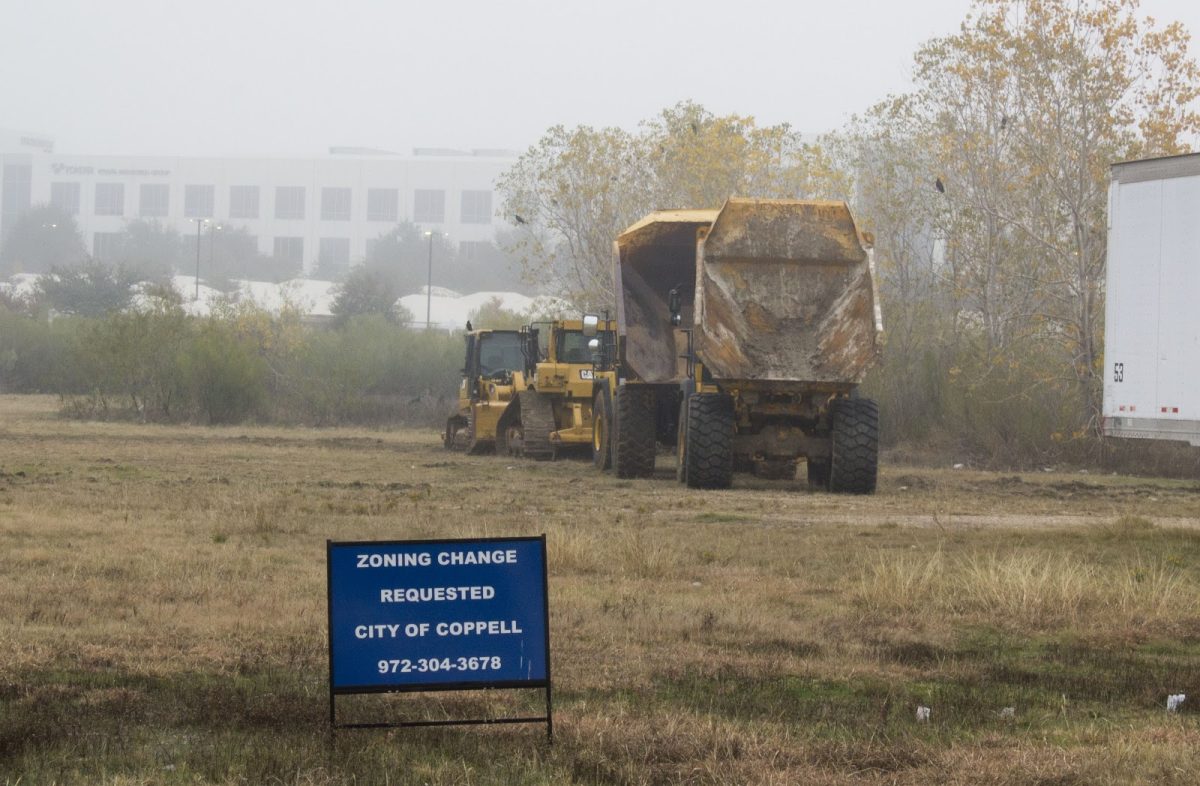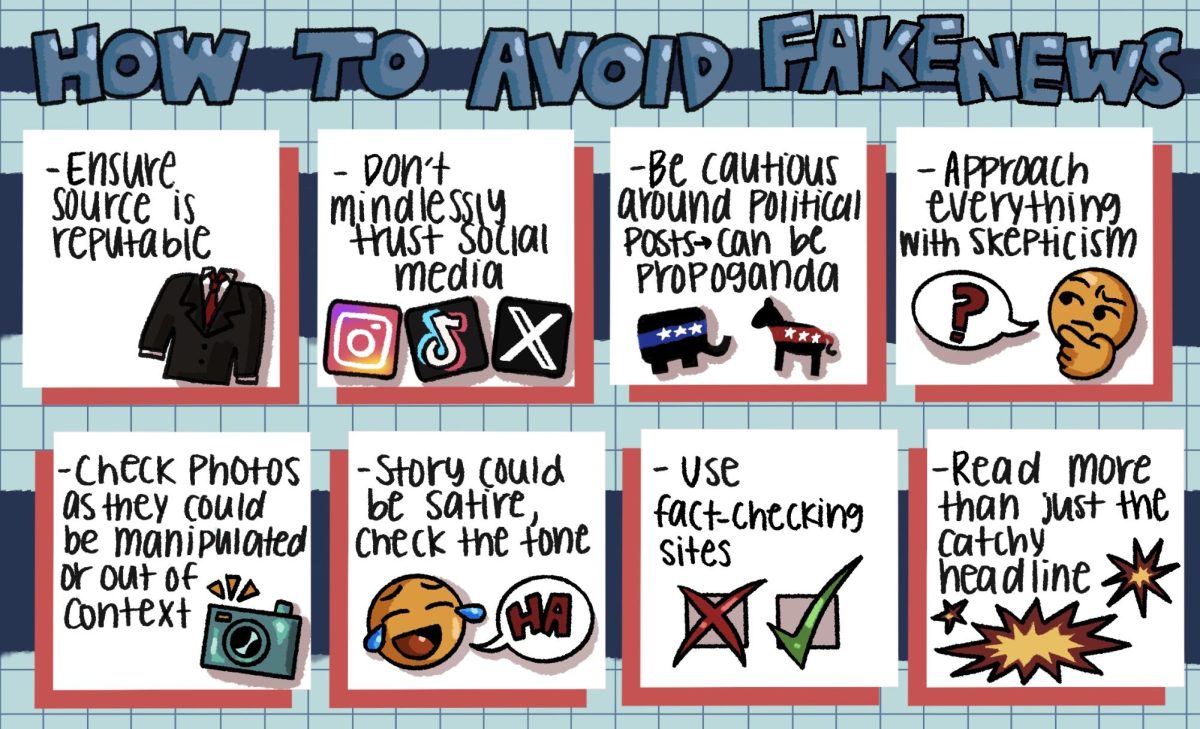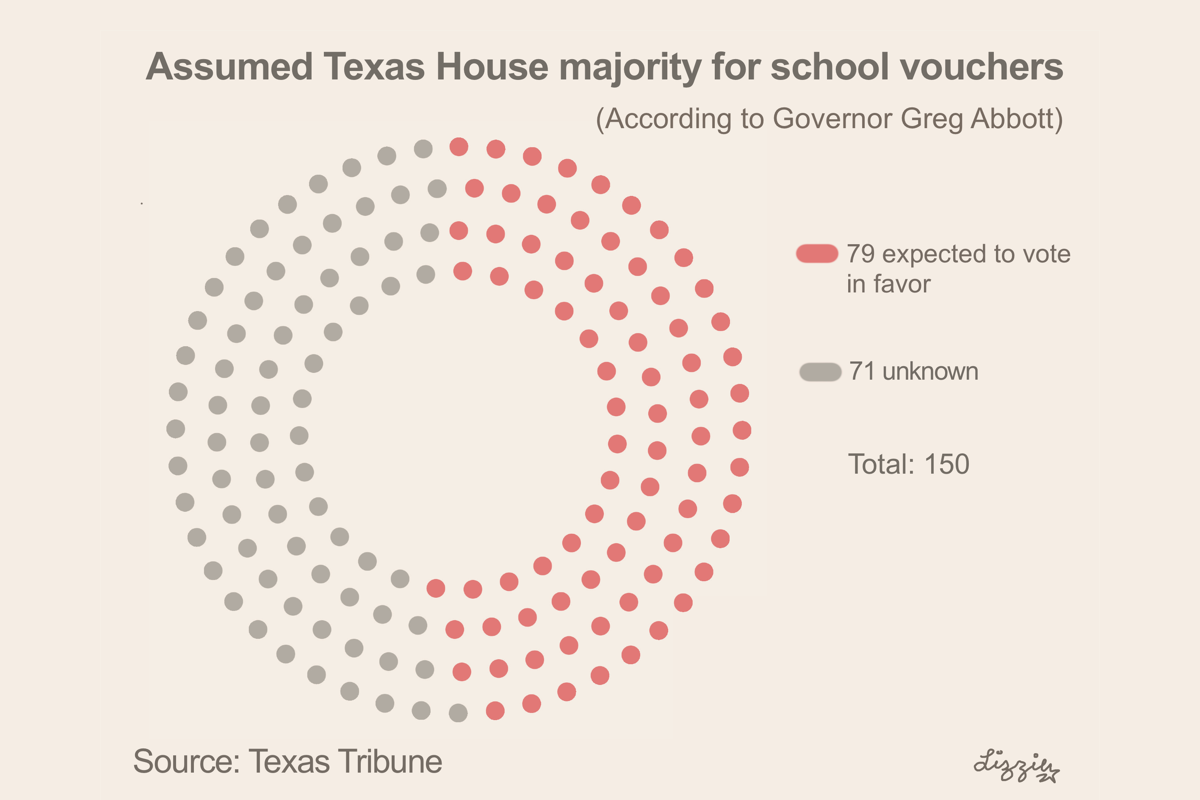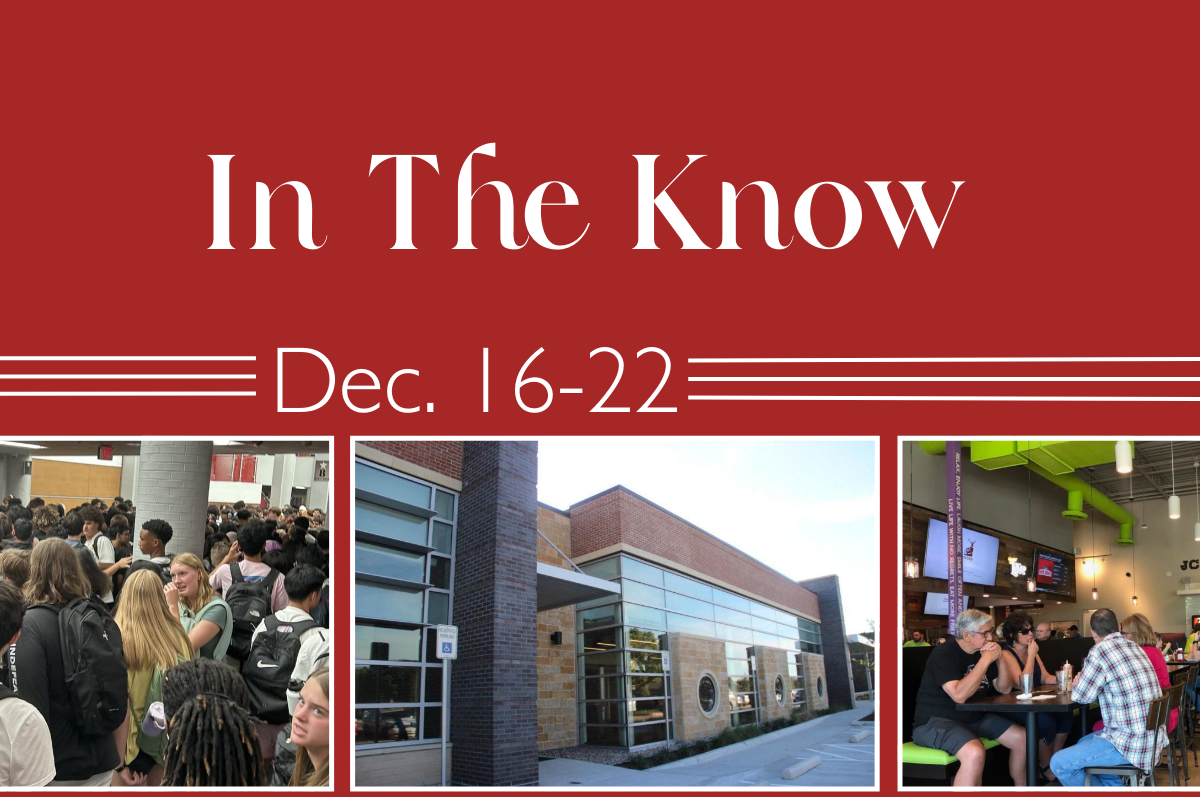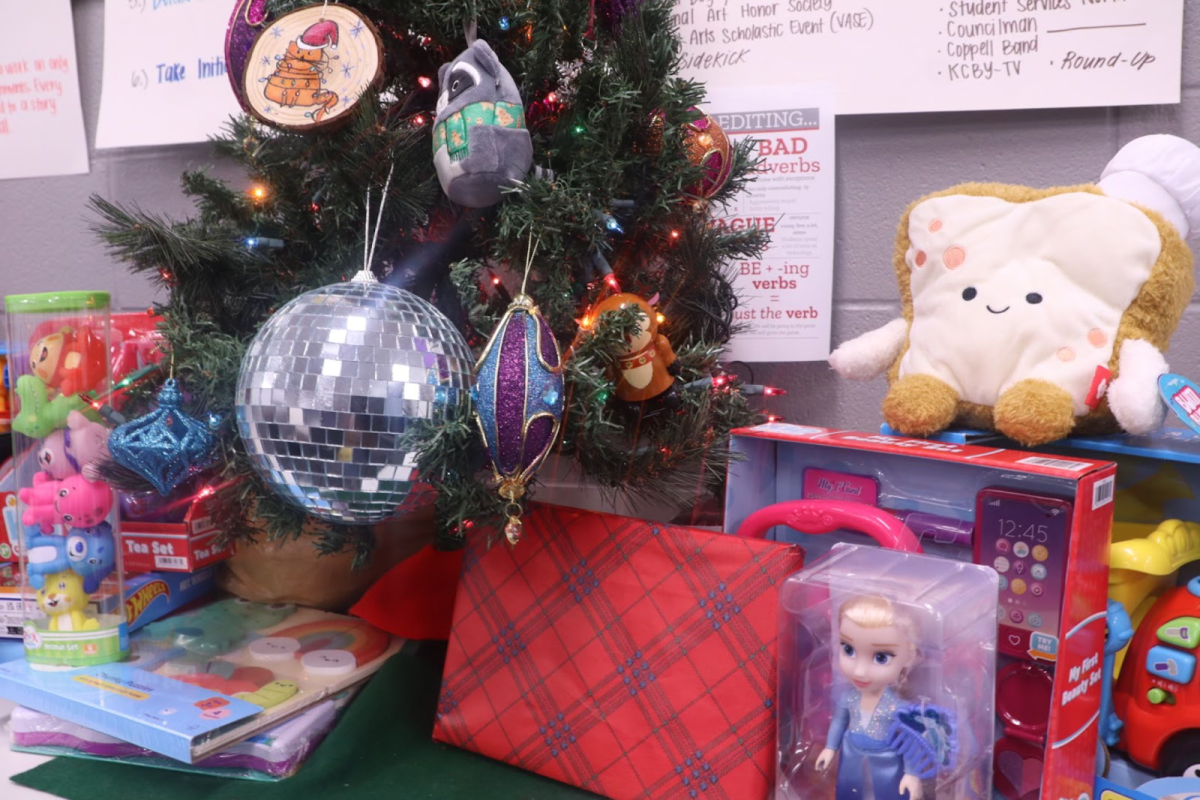By Sloane Samberson
Staff Writer
February is the time celebrate Black History Month. A time to recognize all the strife and pain African-Americans had to overcome to get to where they are today. A time to acknowledge their accomplishments and praise their avidness in proving equality.
Beverly Okpala, a special education aide at Coppell High School, knows exactly what it means to be proud of who she is and where she came from.
“I grew up in Memphis, Tenn. I came from a nice, large family. It was my mom, dad and nine siblings. My house was always chaotic, there was something always going on. We would fight together, play together, it was really neat growing up in a big family,” Okpala said.
Okpala was taught to get an education just like most children are. Her parents and grandparents educated their family about things that happened during and before their time.
“My grandma was a slave and had to work in the fields. She would tell us stories about how some days they wouldn’t have any food but cornmeal and they worked from sun up to sun down. One thing that my parents told me was to not think you are better than anybody else, but that you are just as good,” Okpala said.
Growing up in the segregated South, Okpala witnessed the injustices of inequality.
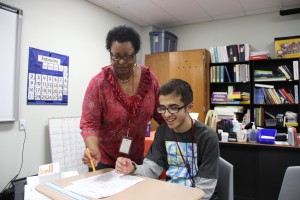
“One time I was treated very differently. It was a hot summer day and my grandma and I had been out shopping. I told my grandma that we should go into the ice cream shop and get ice cream to cool down. There were two white boys in front of me and they got their ice cream but the woman at the checkout counter told me I had to go to the back. I protested, asking why I had to go to the back and told her I would not because that was unfair. I left the shop furiously,” Okpala said. “My grandma was confused as to why I didn’t have ice cream when I came back to the car. I told her I thought we should go somewhere else. I think she understood why.”
Throughout Okpala’s life, she has been privileged to attend many events and rallies that fight for the rights of African-Americans.
“I got to march down Main Street in Memphis which was an awesome experience. Everyone marching desired to get the mayors attention and express to him that the sanitation workers should have a better pay. It was very solemn and quiet, in fact my mom didn’t know my sister and I were marching. We just felt like we needed to be apart,” Okpala said.
Okpala also got the opportunity to watch Martin Luther King Jr.’s last speech, more commonly known as his “I’ve Been to the Mountain Top” speech.
“It was pouring down rain, and they had to send people away due to fire hazards but I got to stay and experience his amazing, last speech. I was on the edge of my seat the whole time. I was even close enough to see in his eyes that he knew something bad was going to happen,” Okpala said.
When King Jr. was killed in her hometown, it crushed Okpala. She could not help but question how someone could kill such an icon of peace.
“He had so much to give, how could someone do that. He was a non-violent person, he was not about shooting and killing, he was all about non-violence. I couldn’t talk about it or eat. Our leader was killed. I couldn’t sleep. I then realized that bad things happen to good people,” Okpala said.
Okpala provides facts about accomplishments made by African-Americans to announce on the intercom system during Black History Month. She hopes that by doing this students will listen and be reminded that all races are equal and all races can be successful.
“Kids are much more open-minded and integrated than those of who I grew up with. It is always great seeing kids of different races hanging out and bonding inside and outside of school,” Okpala said.
Okpala hopes to remind African-Americans of all ages that they are from such a rich heritage and should be proud of who they are. They are survivors who have come so far and have so much more to give.



